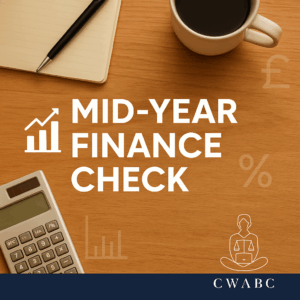Your Financial Partner
Tips, Answers & Honest Advice for Small Business Owners
Running a small business is enough without trying to untangle tax rules or accounting software.
As a qualified accountant based in Hildenborough and supporting small businesses across Kent, I share plain-English guides, practical tips, and insights to help you make better financial decisions—with less stress and more clarity.
SMALL BUSINESS ACCOUNTING TIPS FROM A KENT-BASED ACCOUNTANT
Browse practical advice, tax tips, and accounting insights to help you stay in control of your business finances—without the jargon. Whether you’re based in Kent or run your business remotely, these blogs are written with real people in mind.

What the Tour de France Can Teach You About Running Your Business Finances
If you run a small business, keeping on top of your finances can feel like a never-ending uphill climb. These business finance tips for small
Understanding VAT: From Jaffa Cakes to the M&S Strawberry & Cream Sandwich 🍞🥪
VAT (Value Added Tax) can be confusing, especially when it comes to tricky examples like the M&S strawberry sandwich VAT situation and the classic Jaffa

Mid-Year Money Check: How to Get Your Business Finances Back on Track
Introduction: Why July is the Perfect Time to Reset Now is the ideal time for a mid-year business finance check. While January and April often
Just Over 10 Months to Go – Are You Ready for MTD for Income Tax?
MTD for Income Tax is coming in April 2026 – is your small business or rental income ready? The Countdown Has Begun April 2026 may
Need a Hand with Your Accounts?
If you’ve read something here that sounds familiar, you don’t have to figure it all out alone. I work with small businesses across Kent to simplify their bookkeeping and keep things on track.